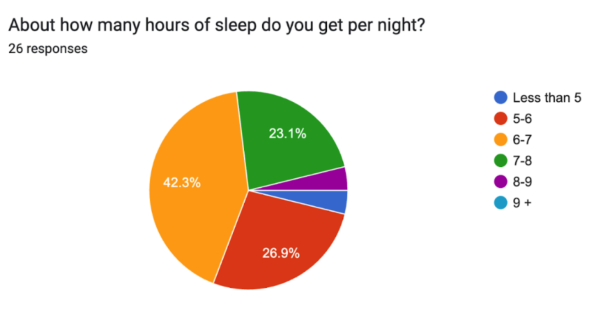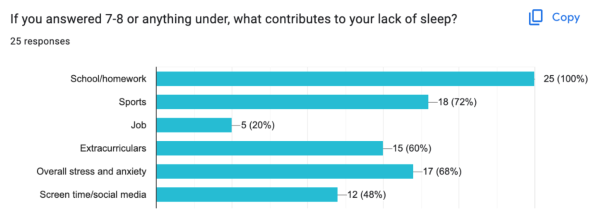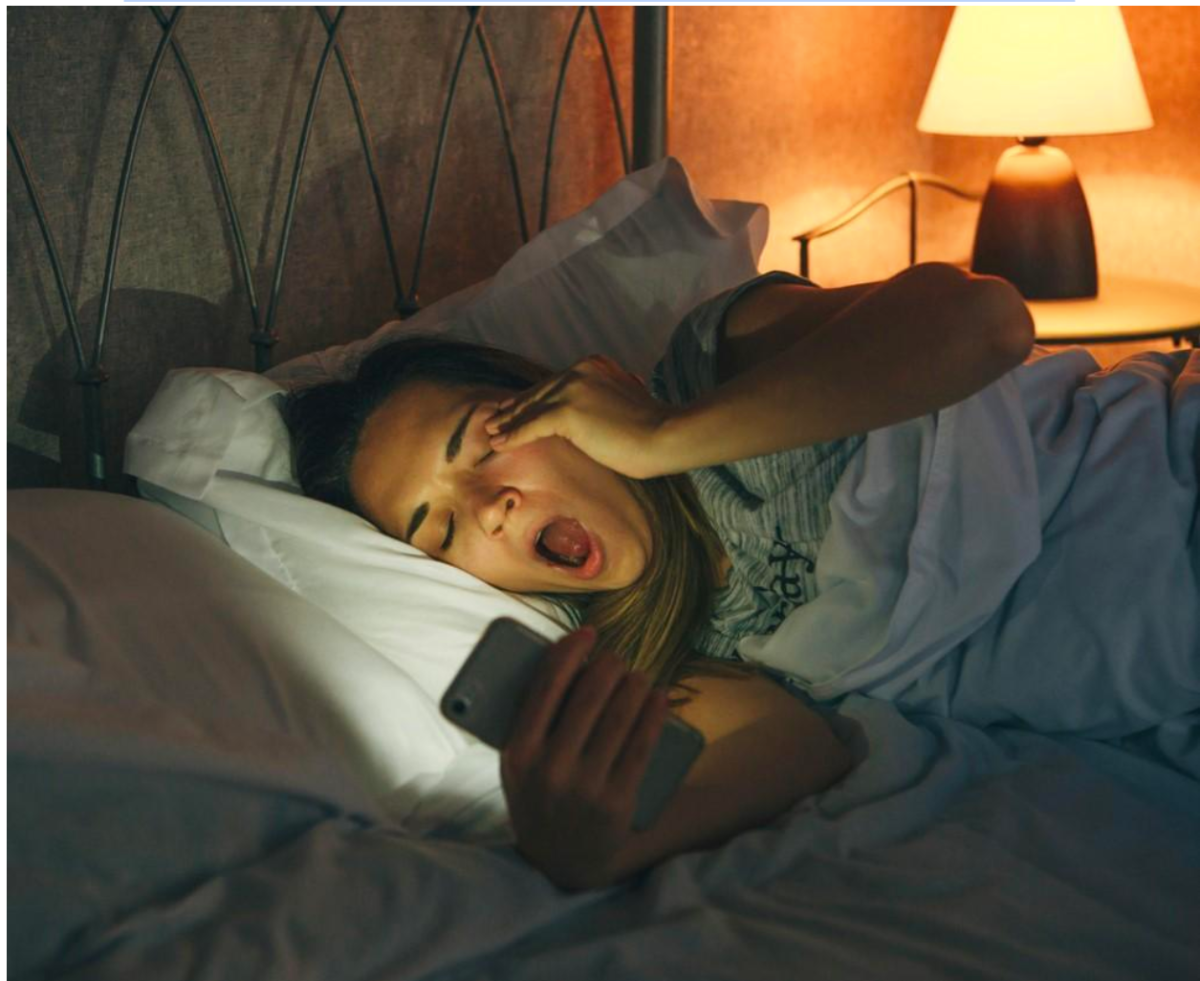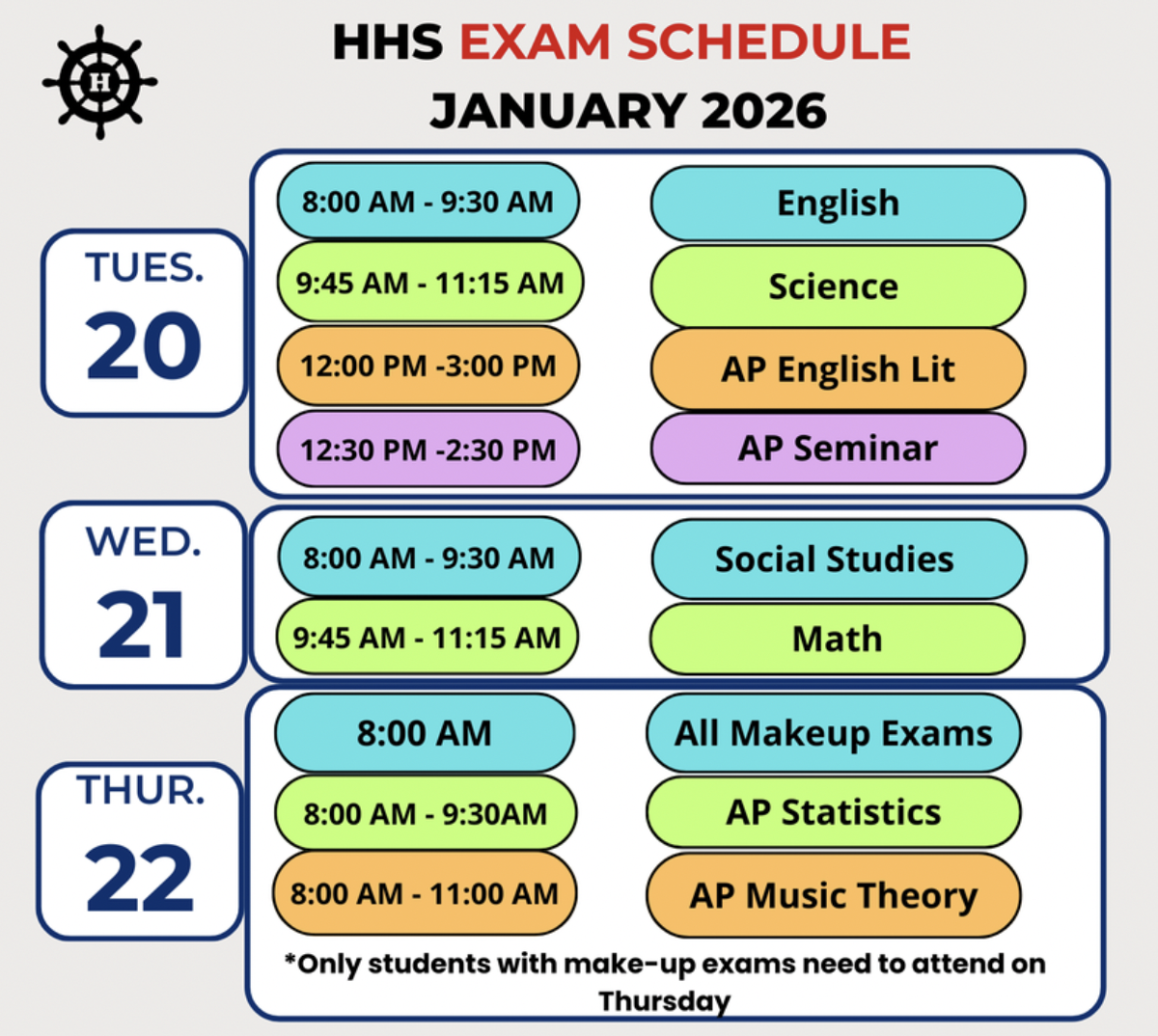According to the CDC (Center for Disease Control), teenagers aged 13-18 should sleep 8-10 hours each night. From the same report, they gathered that “Children and adolescents who do not get enough sleep have a higher risk of obesity, diabetes, injuries, poor mental health, and problems with attention and behavior.” However, according to data collected from a survey directed toward HHS students that received 26 responses from various grades, 96.2% of people get less than 8 hours of sleep per night. In fact, only one response reported getting 8-9 hours per night, with everyone else getting 7-8 or less.

Students then reported the factors that hindered their sleep if they did get less than 8-9 hours. A whopping 100% of respondents shared that homework restricted their sleep, showing how the high workload of HHS directly affects students. After that, the runners-up for most time taken away from sleep were sports affecting 72% of respondents, and overall stress and anxiety, affecting 68% of respondents.

Following the trend of these statistics, sophomore Sarah Nauyokas gets around 7 hours of sleep per night and says that homework is the main force limiting her sleep. In addition, fellow sophomore Aubrey Fairfield also agrees that homework is a driving force behind her 6-7 hours of sleep per night, although she stated that she was “trying to practice managing [her] time in terms of extracurriculars and homework.” Balancing sleep, homework, sports, extracurriculars, social lives and more is one of the biggest hurdles in a HHS student’s life, which can be reflected in the above statistics as most respondents selected more than one restrictor of sleep.
The rise of social media and screen time altogether has been detrimental to teenagers’ sleep schedules as the blue light it produces disrupts the body’s natural circadian rhythm. Even 48% of respondents admitted that excess screen time or social media negatively affected how much sleep they got. One of the HHS health teachers, Mrs. Beatty, thinks that sleep is one of the most important aspects that leads to a happy and healthy life. She shared how high school students can get adequate sleep by advising, “I think you need to put your devices down earlier in the night, have a dark room, make a routine, and get your homework done so you’re not up late. If you can’t sleep, get out of bed and do something until you are tired so your bedroom is just for sleep.”

































